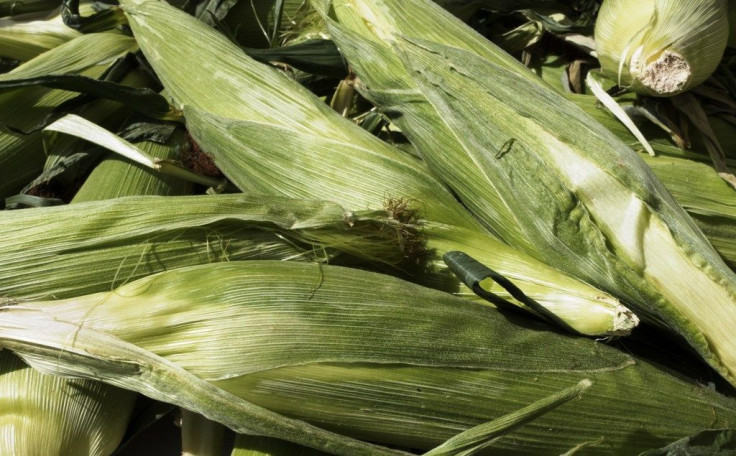Intestinal Tumors Linked To Corn-, Coconut-Based Fat-Rich Diet, Mouse Study Shows

New research conducted on mouse showed that a diet rich in fat was linked to the formation of intestinal tumors. Researchers said that the findings of the study — published Monday — suggested that the intake of high-fat diet increased cancer risk even if the individual is not obese.
The mouse model of intestinal cancer was developed by co-senior author Joseph Nadeau from Pacific Northwest Research Institute in Seattle and first author Stephanie Doerner from Case Western Reserve University in Ohio.
“This model is particularly interesting because it resembles human familial adenomatous polyposis, a condition that carries an 80 percent risk of developing colorectal cancer in individuals with mutations in a tumor suppressor gene called Apc,” the study's co-senior author John Lambris, PhD, professor of Research Medicine at the University of Pennsylvania, said in a statement.
According to the researchers, fat-rich diet and the chemical composition of the diet are the most vital features to determine cancer risk.
“We found that specific types of high-fat diets — based on corn or coconut oils like those found in certain salad dressings and ice cream — are associated with increased tumor formation in a mouse model of intestinal cancer,” Lambris said.
However, the findings were opposite for mice that were put on a diet consisting of olive oil as a source of fat. Researchers found that these mice — even though they were obese — did not develop intestinal polyps, small clump of cells.
“This observation led us to our first important conclusion that diet, but not necessarily obesity, can promote intestinal cancer,” co-author Edimara Reis, PhD, a research associate in the Department of Pathology and Laboratory Medicine at the University of Pennsylvania, said in the statement.
The researchers noted that a high-fat diet based on corn and coconut triggered the complement system, a branch of the immune system, which boosts the ability of antibodies and phagocytic cells to remove microbes and damaged cells from an organism, promotes inflammation, and attacks the membrane.
The complement system also has inflammatory functions. In the study, the C5a receptor, a related pro-inflammatory molecule, increased in the intestine and systemically in mice that were on corn- and coconut-based high-fat diets.
Researchers said that formation of tumors in the intestines was caused by inflammation activated by the fat-rich diets. Moreover, they found that inflammation and intestinal tumors in the mice were triggered only in three days after they were put on these diets.
“When mice were given a drug to reduce the activity of C5aR, it prevented the development of intestinal tumorigenesis in mice fed corn- and coconut HFDs [high-fat diets], indicating that anti-complement therapy could act as an adjuvant with cancer treatments,” Lambris explained.
The study was published in the Molecular Cancer Research journal.
Published by Medicaldaily.com



























